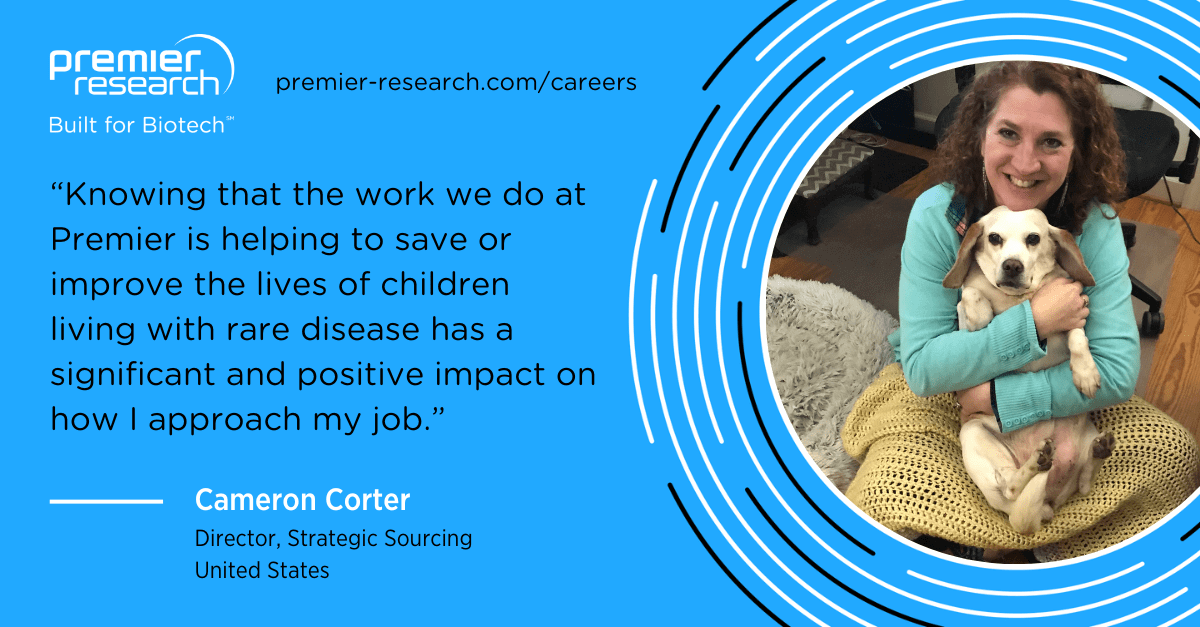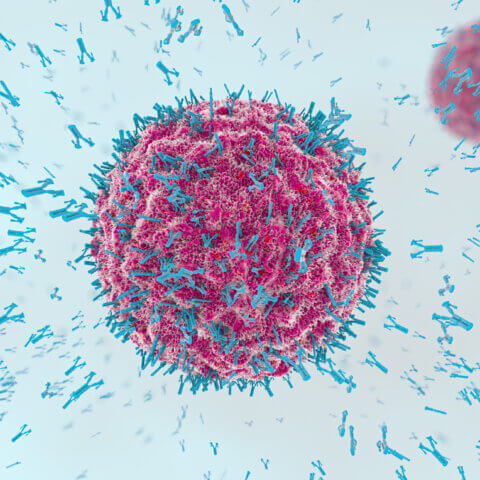Last Updated: January 12, 2024, 9 am UTC

Premier Cultural Anchor: We Care
One of my first jobs as a teenager was providing direct care for individuals with profound disabilities. Most of those people, I’ve since learned, had rare diseases like Trisomy 13, Cornelia de Lang syndrome, and Sturge-Weber syndrome.
My sister used to come to work with me, and together we learned about helping people live with rare diseases. It gave us a whole new perspective—one that we hadn’t expected to be so pertinent later in life.
But then my niece Molly Rose was born.
In infancy, Molly was diagnosed with two rare conditions: CHARGE Syndrome, a complex syndrome that impacts several body systems and causes a range of health problems, and a MED23 genetic mutation causing an intellectual disability. According to my sister, my niece is one of only 11 people diagnosed with a MED23 genetic mutation and the only known person in the world with a dual CHARGE-MED23 genetic mutation diagnosis.
My passion for rare diseases has only increased following the birth of my niece. I could go on and on about our dear, sweet Molly. She is just the happiest little girl you ever want to meet; my sister calls Molly the girl who smiles with her whole face. It made the work that we do at Premier Research feel even more real and impactful to me. I once wrote a proposal for an oscillating ventilator that resulted in our clinical team conducting the study. My niece had to use a similar product during a particularly difficult phase, and it saved her life. I am proud to know that the company I work for supported research that may have influenced her treatment.
Knowing that the work we do at Premier is helping to save or improve the lives of children like Molly has a significant and positive impact on how I approach my daily job. When people have questions about what it means to put patients first, I use the challenges that my sister faces on a regular basis to get Molly out of the house as a real-life example. These are the types of things our team considers when we talk about study design and reducing the participation burden for patients and their loved ones.
Beyond the influence of my work, I’ve always been grateful for the support and flexibility that I’ve experienced here. One time in particular, Molly became very sick and spent three months in the PICU at Johns Hopkins University. She had to undergo numerous tests and surgeries, and family stayed with her around the clock. I significantly credit Premier’s dedication to employees, and my team’s flexibility to allow me to work remotely at the hospital, with enabling me to spend several days a week with Molly to support my sister and her family.
I often celebrate the fact that I have enjoyed 21 years (and counting) as a member of an organization that aspires to create a better world for people living with rare disease. And that the company enables me to spend as much time with Molly and my family as possible.
If you are interested in working for a company where support and connection is a priority, Premier Research could be a great fit. See open positions here.

 Webinar
Webinar 


 Perspectives Blog
Perspectives Blog 